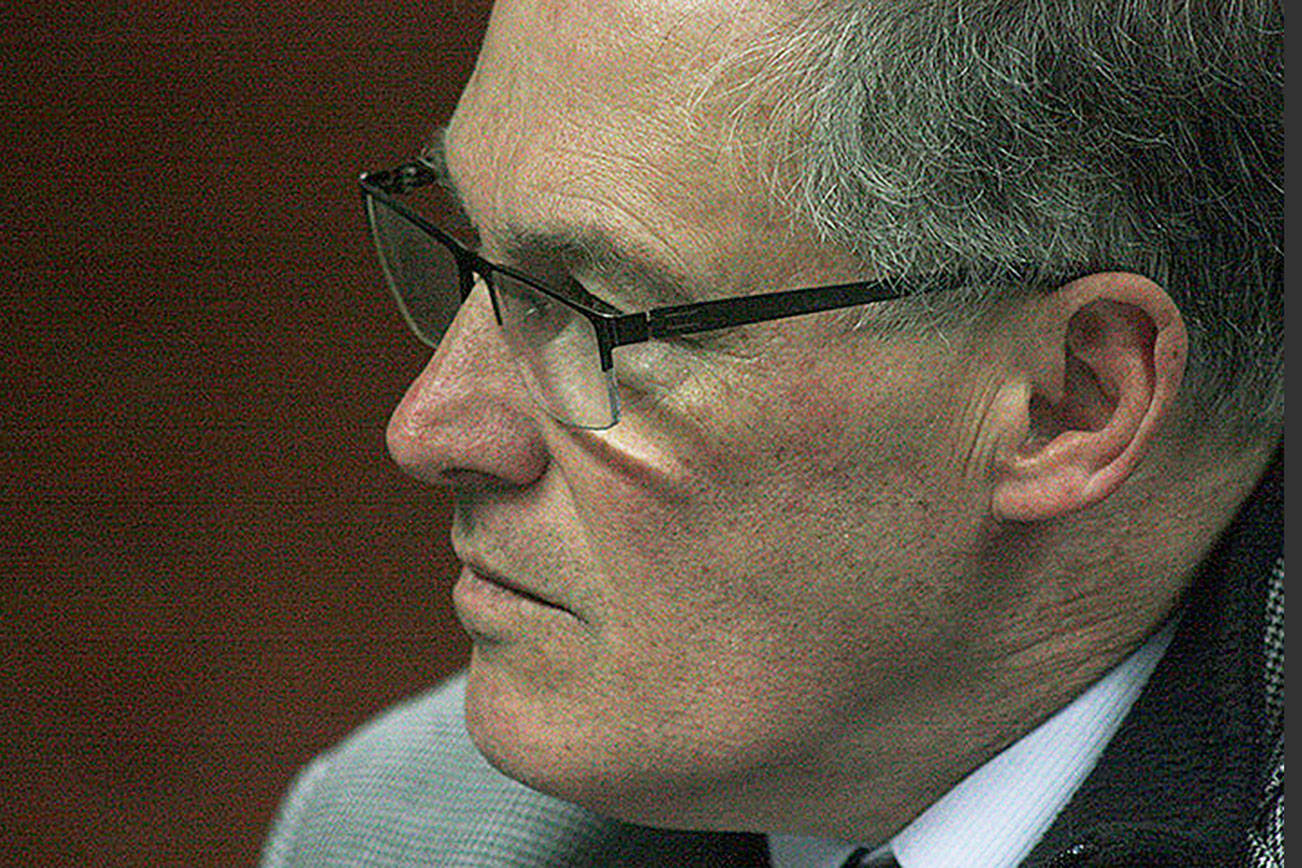An old idea for boosting tax receipts is getting revived and repurposed for 2019.
Gov. Jay Inslee is suggesting a new way of assessing the state’s share of the real estate excise tax, a growing source of money in what’s been an extended period of good times for sales of residential and commercial properties.
He wants to replace the flat rate of 1.28 percent imposed on each sale of property with a four-tier graduated rate that starts with a lower mark of 0.75 percent on any sale of property valued at less than $250,000.
The current rate of 1.28 percent would continue to be imposed on properties valued between $250,000 and $999,999. A new 2 percent rate would be levied on sales of properties valued between $1 million and $5 million, and 2.5 percent on properties valued above $5 million.
Under state law, sellers are responsible for the tax. In practical terms, it gets passed on, thus buyers of expensive properties would pay a little more and buyers of cheaper properties a little less under this approach.
For example, on a $200,000 home, the current rate results in $2,560 owed in real estate excise taxes. That sum would drop to $1,500 under the proposal. On an $8 million home — like one sold in Woodway in 2016 – the excise tax due would climb from $102,400 to $160,000.
If this all sounds familiar, it’s because House Democrats tried to advance this reform in March 2017. It was part of a tax package intended to bring in the sum of money required to settle the state’s school funding tab under McCleary. At the time, the idea drew far less attention than the package’s larger and more controversial components, a new capital gains tax and a business tax rate hike.
Democrats squeezed the bill out of the House Finance Committee on a party-line vote but it never made it to the floor for a vote. Not every one of the 50-member Democratic caucus embraced it and House Speaker Frank Chopp, D-Seattle, needed every one of their votes to pass it. Though even if it had made it out of the House, it was destined to die in the Senate where Republicans controlled the majority and had already rejected it.
The political dynamic is going to be different this year, raising the spectre of a different outcome.
Democrats will hold a 57-41 edge in the House, so the most cautious and conservative members can vote against pretty much any tax plan without blocking it. In the Senate it will be dicier. Democrats will have a 27-22 advantage giving their cautious and conservative Democrats much more sway in its fate when budget talks turn serious in spring.
There’s real money at stake. Inslee estimates this tax change will bring in an additional $402 million in the next two-year budget.
He’s added a degree of political difficulty to getting it passed. He doesn’t want to keep that money in the general fund to be spent on public schools, early learning and mental health services. He wants to transfer it to the state’s transportation budget to pay for removing culverts and other barriers to fish passage.
Many Democratic lawmakers may warm to the tax change but not the diversion of dollars.
Whether this old idea enjoys a successful revival in 2019 will be a matter for much negotiation.
Jerry Cornfield: 360-352-8623; jcornfield@herald net.com. Twitter: @dospueblos.


